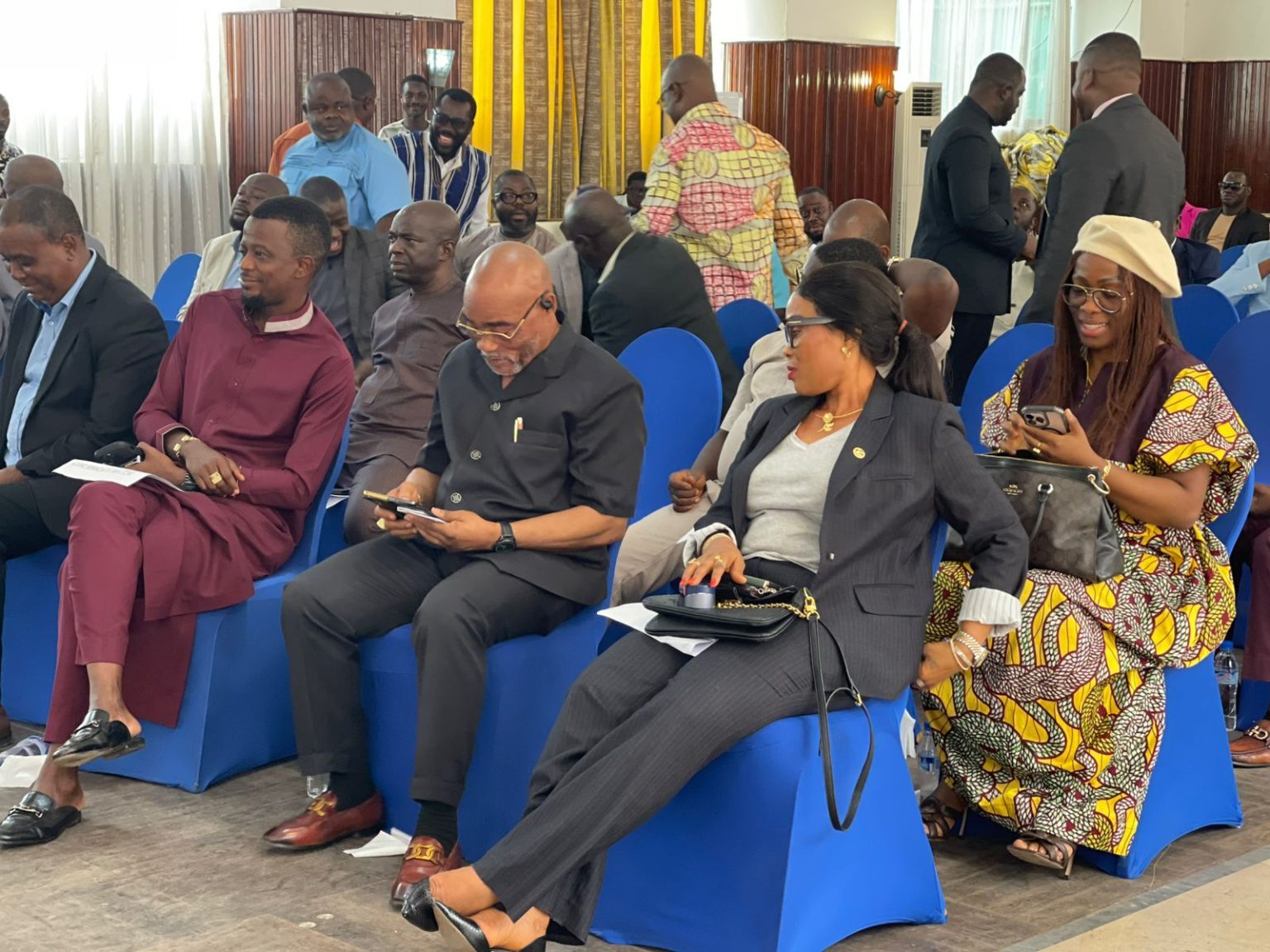The political landscape in Liberia continues to shift as House Speaker J. Fonati Koffa clings to his position amidst a growing rebellion within his ranks. A significant development unfolded on January 6, 2025, as several key allies of Speaker Koffa seemingly abandoned his camp and joined the legislative session convened by the rival majority bloc. This defection further isolates Koffa and strengthens the position of the majority bloc led by Richard Nagbe Koon, raising questions about Koffa’s future as Speaker. The representatives who crossed the aisle include Sumo K. Mulbah of Montserrado District #3, Priscilla Cooper of Montserrado District #5, Thomas Romeo Quioh of Sinoe County District #1, and notably, Ellen Attoh Wreh of Margibi District #3. This shift in allegiance marks a critical point in the ongoing power struggle within the Liberian House of Representatives.
The defection of Ellen Attoh Wreh is particularly significant given her staunch support for Koffa throughout the political turmoil. Previously, she had vehemently defended Koffa and criticized the majority bloc for its attempts to remove him from the speakership. Wreh’s public calls for due process and adherence to the rule of law during the impeachment proceedings underscored her strong commitment to Koffa’s leadership. Her decision to join the opposing side signals a potential erosion of support within Koffa’s inner circle and a growing acceptance of the majority bloc’s authority. The shift raises questions about the internal dynamics within Koffa’s camp and the factors that led Wreh to abandon her previous position.
Similarly, Sumo Mulbah, another prominent supporter of Koffa, also switched allegiance to the majority bloc. Mulbah had previously lauded Koffa’s leadership and emphasized his commitment to legislative reforms aimed at tackling corruption and improving governance. His earlier statements portrayed Koffa as a champion of positive change within the House of Representatives. Mulbah’s decision to abandon Koffa’s camp, despite his previous vocal support, further isolates the embattled Speaker and reinforces the growing strength of the opposition. This unexpected turn of events highlights the fluidity of political alliances and the complexities of navigating the Liberian political landscape.
Following the session conducted by the majority bloc, Representative Mulbah justified his decision by citing the need to prioritize the work of the Liberian people. He emphasized that the focus should be on advancing the legislative agenda and serving the interests of the nation. This justification suggests a pragmatic approach to navigating the political divisions within the House and a desire to move beyond the power struggle. While Mulbah’s explanation frames his decision as a commitment to the greater good, it also underscores the growing pressure on lawmakers to align themselves with the prevailing power structure.
The defection of these key allies deals a significant blow to Speaker Koffa’s grip on power. The dwindling support from within his own ranks raises serious doubts about his ability to maintain his position as Speaker. The majority bloc, now reinforced by these defectors, appears to be consolidating its authority and moving forward with its legislative agenda. This shift in power dynamics could have far-reaching implications for the political landscape in Liberia and the balance of power within the House of Representatives.
The unfolding events within the Liberian House of Representatives highlight the inherent complexities and fluidity of political alliances. The defection of Koffa’s loyalists underscores the precarious nature of power and the challenges of maintaining unity in the face of political pressure. As the majority bloc strengthens its position, the future of Speaker Koffa remains uncertain, and the political landscape in Liberia continues to evolve. The events of January 6th mark a turning point in the ongoing power struggle, signaling a potential shift in the balance of power and raising questions about the future direction of the Liberian legislature. The long-term implications of these developments will undoubtedly shape the political discourse and the legislative agenda in the months and years to come.


